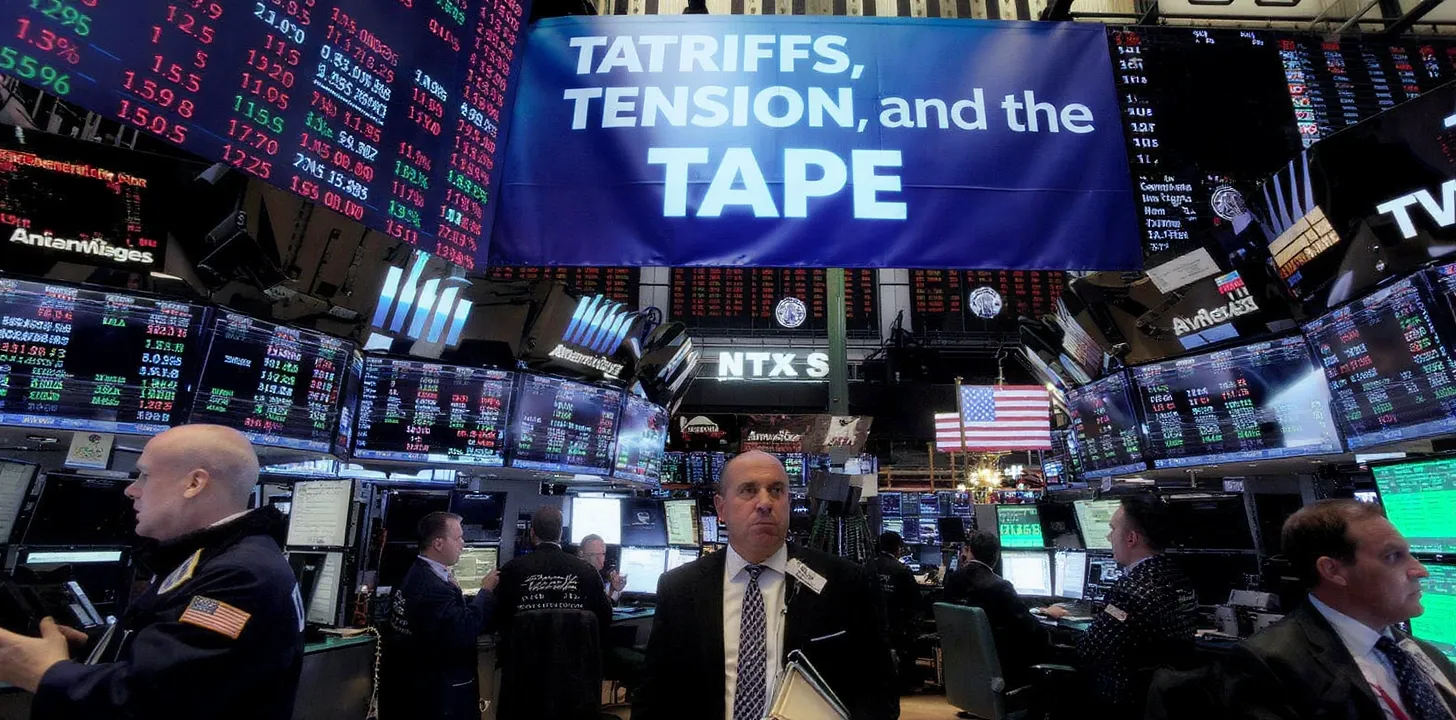Introduction: The foreign exchange market, commonly known as forex or FX, is the largest financial market in the world. It involves the trading of currencies and offers a unique opportunity for investors to profit from global economic trends. This beginner’s guide will introduce you to the basics of forex markets and help you understand how to get started.
What is Forex Trading?
Forex trading is the act of buying and selling currencies with the aim of making a profit. Currencies are traded in pairs, such as EUR/USD (Euro/US Dollar) or GBP/JPY (British Pound/Japanese Yen). The value of a currency pair fluctuates based on various economic and political factors, and traders attempt to predict these changes to make profitable trades.
Key Concepts:
- Pips: A pip is the smallest price increment in forex trading. It represents the fourth decimal place in most currency pairs (e.g., 0.0001).
- Leverage: Forex brokers often offer leverage, allowing traders to control larger positions with a smaller capital investment. However, leverage also amplifies risks.
- Bid and Ask: The bid price is the price at which you can sell a currency pair, while the ask price is the price at which you can buy it. The difference between the bid and ask prices is called the spread.
Market Participants: The forex market consists of various participants, including:
- Central Banks: They play a crucial role in controlling the money supply and interest rates, which significantly impact currency values.
- Commercial Banks: Banks facilitate forex transactions for their clients and also trade on their own behalf.
- Investors and Traders: Individual and institutional investors, such as hedge funds, participate in the forex market to speculate on currency movements.
Trading Platforms and Tools: To start trading forex, you’ll need to choose a reliable broker and a trading platform. Popular platforms include MetaTrader 4 (MT4) and MetaTrader 5 (MT5). These platforms offer charting tools, technical indicators, and the ability to place trades. Additionally, many brokers provide educational resources, such as webinars and tutorials, to help beginners learn the ropes.
Risk Management: Forex trading involves risk, and it’s essential to implement proper risk management strategies. This includes setting stop-loss orders to limit potential losses, diversifying your portfolio, and avoiding over-leveraging your positions. It’s also crucial to understand the impact of economic events and news releases on currency markets.
Conclusion: The forex market offers exciting opportunities for traders and investors. By understanding the basics, choosing the right tools, and implementing sound risk management strategies, beginners can navigate the world of forex trading with more confidence. However, it’s important to remember that forex trading carries inherent risks, and it’s essential to educate yourself thoroughly before committing real money to the market.
Disclaimer: This is not an Investment Advice. Investing and trading in currencies involve inherent risks. It’s essential to conduct thorough research and consider your risk tolerance before engaging in any financial activities.



